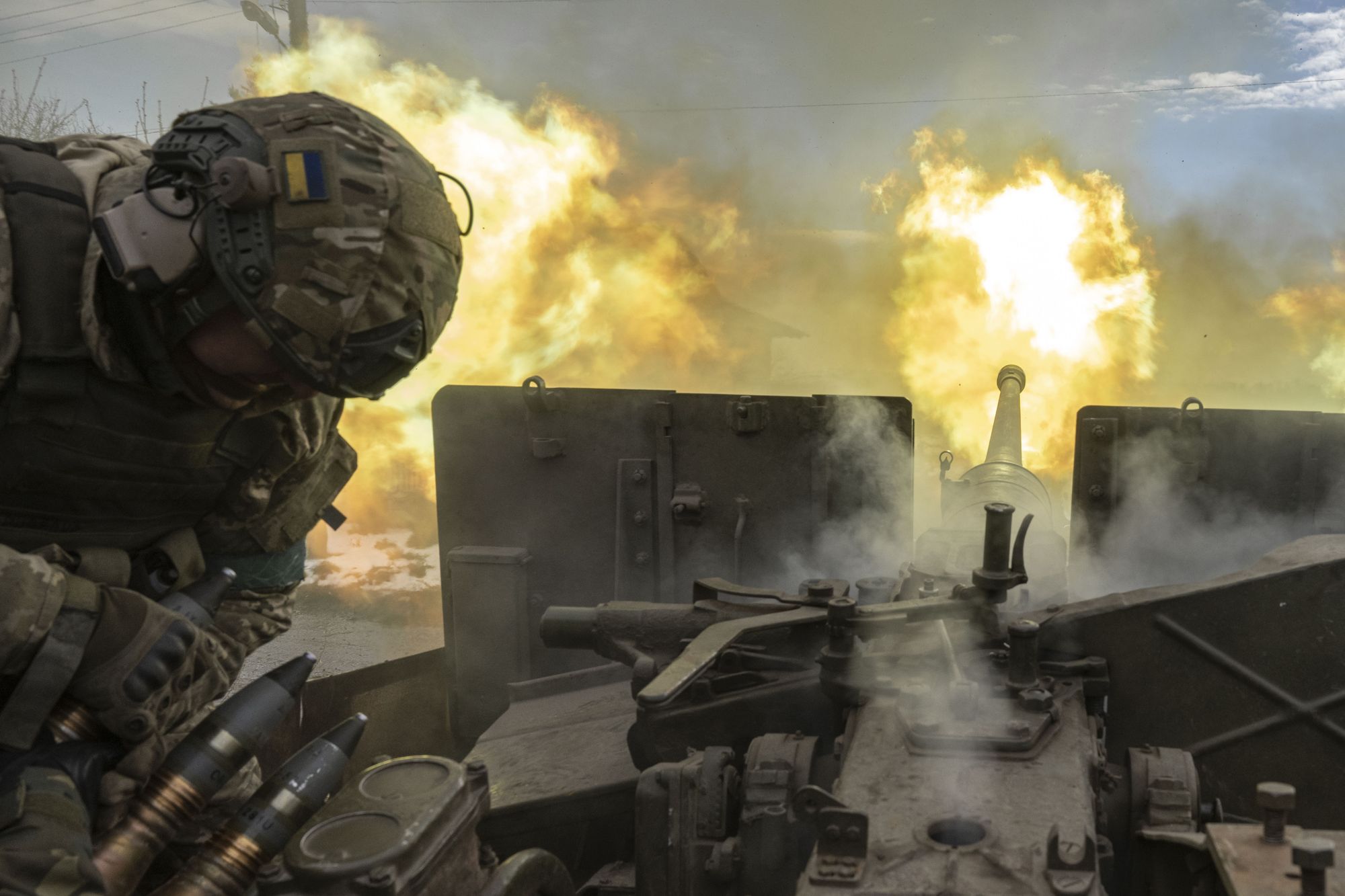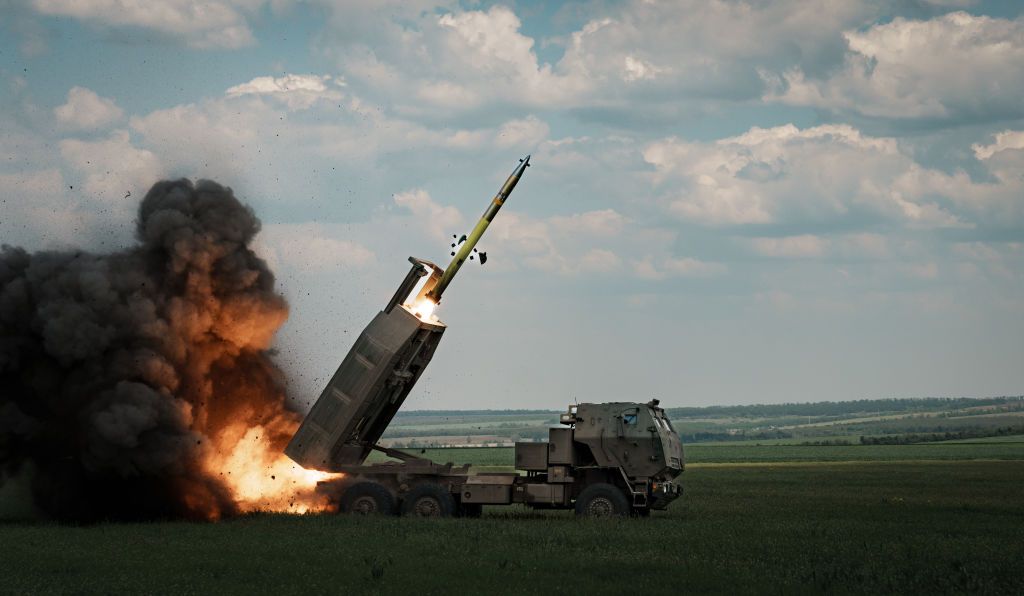Media: European arms industry calls for 'orders, not just targets'

The European defense industry is calling for more firm "orders, not just targets," Reuters reported on Nov. 30, citing the European Aerospace, Security, and Defense Industries lobby group ASD.
"Ukraine has been a wake-up call for the European industry," said Micael Johansson, the vice-chairman of ASD, on the sidelines of an industry meeting.
According to Reuters, Johansson said that Europe is facing a real challenge to "restart production of ammunition and weapons systems that we haven't done for a very long time."
This "requires a whole ecosystem," Johansson said. In the meantime, weapons are being bought from the U.S., which "might in the short term be a good decision," but it does "not give the return on investment for taxpayers."
ASD represents over 4,000 entities across 19 countries, including companies like BAE Systems and Rheinmetall, which together employ over 800,000 people.
Its members account for 98% of the sector's turnover in Europe.
Reuters said that the ASD vice-chairman "could not predict" when Europe could meet the EU's target of increasing the output of 155-mm shells to 1 million rounds per year for Ukraine, which was set in March 2023.
The first step of the program involves reimbursing supplies from member states' own stocks, while the second step is the joint purchase of new munitions.
News that Europe was unlikely to reach this target emerged in October, when Bloomberg reported that the EU had delivered only 30% of planned supplies.
Bloomberg then reported in November that the EU does not believe it is likely to meet its target to deliver all of the pledged 1 million artillery shells to Ukraine by March.
Ukraine's Foreign Minister Dmytro Kuleba confirmed on Nov. 13 that the EU is behind schedule in delivering the 1 million shells.
Kuleba blamed the delay on the poor state of the European defense industry.
The foreign minister acknowledged on television that the report by Bloomberg was correct, adding that Ukraine is "doing a lot of loud ringing of alarm bells."














